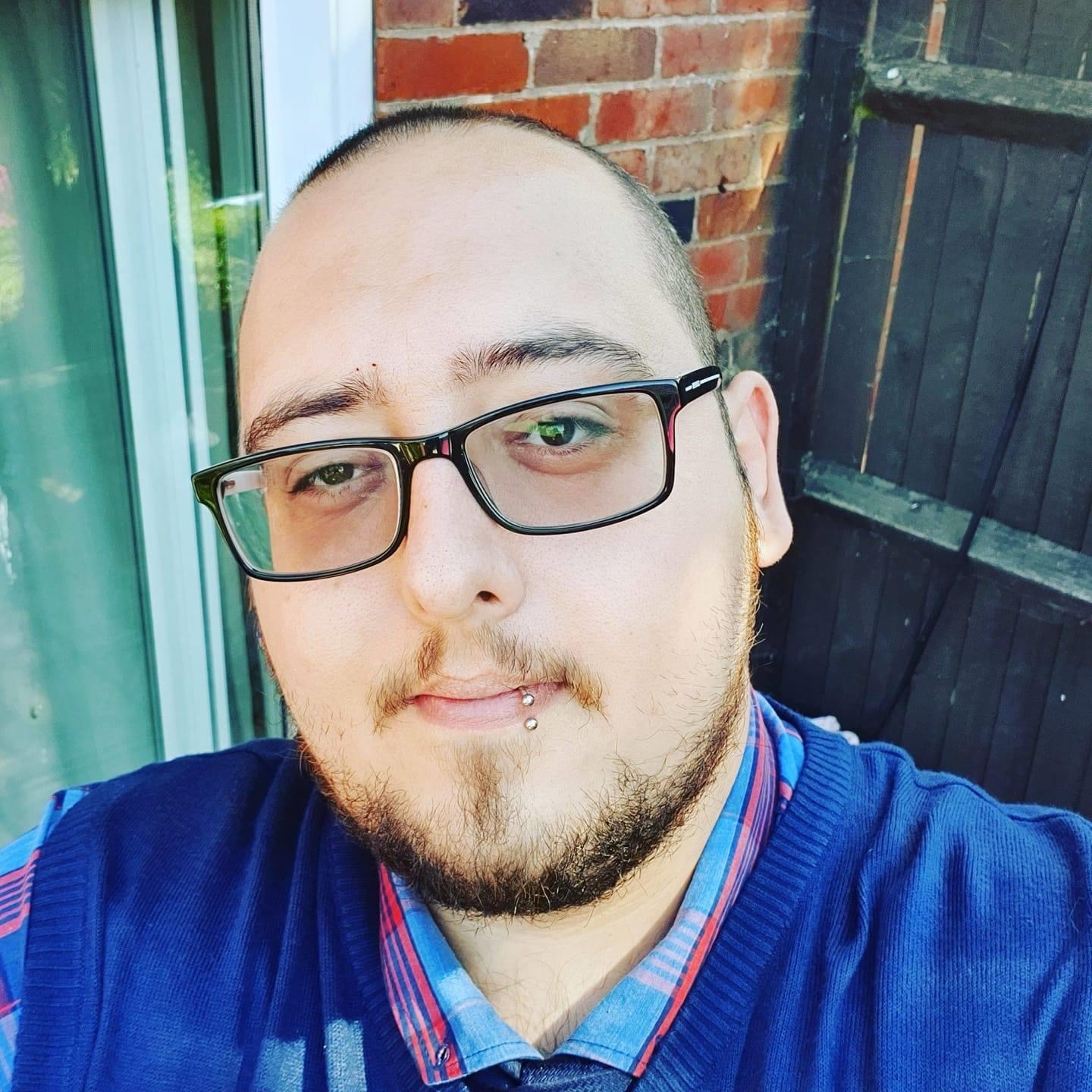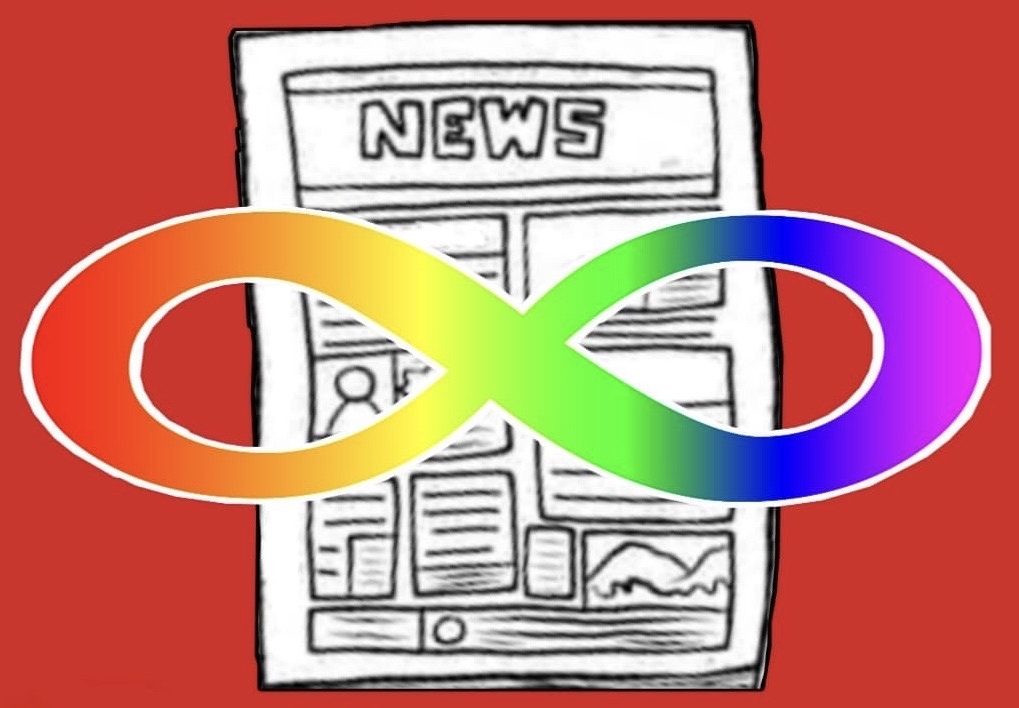
Today, I’ve gotten to interview David Gray-Hammond, who is an autistic advocate that specialized in addiction and mental health. He has achieved many great things, and I have the conversation between he and I here below.
Neurodiversity News: Tell me about yourself and what you do.
David Gray-Hammond: I am an autistic, addiction and mental health advocate. I write about the intersections between autism, addiction, and mental health, and I campaign and consult locally for treatment rights of neurodivergent addicts in my home city. I started writing shortly after the Parklands, Florida shooting in the US. I wrote an article calling on people to stop blaming mass shootings on mental health. That article had over 18,000 likes the last time I checked, and I realized the power and reach of writing, especially on the internet. After that, I decided to write more, and especially started focusing on autism. I published a piece on MMS abuse and started meeting other advocates and writers through social media.
NN: Could you tell me about your experiences helping autistic people with addictions?
DGH: My interest in addiction advocacy started from my own experiences. When I first got sober, I wasn’t sure how to make the suffering I had experienced mean something. I then took a consultancy role within a local mental health charity and very quickly found myself sitting in commissioning meetings. Last year I even sat on a panel to recommission the local substance misuse treatment service.
What struck me from doing this consultancy work, and my own experience of substance misuse treatment, was the lack of consideration or provision for neurodivergent addicts. The services were not designed for us, and very few people were even considering our existence. Yet, neurodivergent addicts were everywhere!
I resolved myself to speak out on behalf of others like me, and finally the years of suffering had a purpose. I was able to take those negative experiences, and use them to try and help people out of the darkness of addiction.
NN: How has your time at NeuroClastic helped your advocacy?
DGH: I was really struggling to get my message out to people, and NeuroClastic changed that. They gave me a platform read by thousands of people to write from. Beyond that, NeuroClastic has taught me a lot. I’ve learnt a lot about the intricacies of online advocacy and activism, and I’ve been surrounded by a hyper-diverse team of contributors. They gave me a focus I had struggled to find, and for that I will always be grateful.
NN: What do you hope other activists could learn from you?
DGH: I do this work for one major reason: I want to help people feel a little less broken. If I leave any kind of legacy, I want it to be that. I want fellow activists and advocates to help the world feel whole again. I also hope that activists can learn something about the nature of addiction and mental health. I try to be as open and honest as possible, and I hope my work reflects that.
NN: What are your aspirations for the future?
DGH: I want to take my cause into the mainstream. I’m not a huge fan of social media, but it’s a very important tool for disseminating a message. I aspire to be the person who leads the charge on the treatment rights of neurodivergent addicts and those experiencing mental health conditions.
Links
